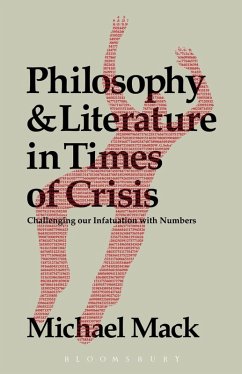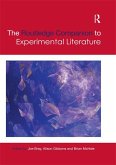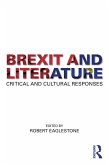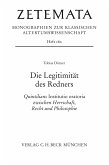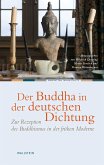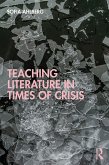Highlighting literature and philosophy's potential impact on economics, health care, bioethics, public policy and theology, this book analyses the heuristic value of fiction.
It alerts us to how we risk succumbing to the deceptions of fiction in our everyday lives, because fictional representations constantly feign to be of the real and claim a reality of their own. Philosophy and literature disclose how the substantive sphere of social, economic and medical practice is sometimes driven and shaped by the affect-ridden and subjective. Analysing a wide range of literature-from Augustine, Shakespeare, Spinoza and Deleuze to Kafka, Sylvia Plath, Philip Roth, W. G. Sebald and Jonathan Littell-Michael Mack rethinks ethical attitudes towards the long or eternal life. In so doing he shows how philosophy and literature turn representation against itself to expose the hollowness of theologically grand concepts that govern our secular approach towards ethics, economics and medicine. Philosophy and literature help us resist our current infatuation with numbers and the numerical and contribute towards a future politics that is at once singular and diverse.
It alerts us to how we risk succumbing to the deceptions of fiction in our everyday lives, because fictional representations constantly feign to be of the real and claim a reality of their own. Philosophy and literature disclose how the substantive sphere of social, economic and medical practice is sometimes driven and shaped by the affect-ridden and subjective. Analysing a wide range of literature-from Augustine, Shakespeare, Spinoza and Deleuze to Kafka, Sylvia Plath, Philip Roth, W. G. Sebald and Jonathan Littell-Michael Mack rethinks ethical attitudes towards the long or eternal life. In so doing he shows how philosophy and literature turn representation against itself to expose the hollowness of theologically grand concepts that govern our secular approach towards ethics, economics and medicine. Philosophy and literature help us resist our current infatuation with numbers and the numerical and contribute towards a future politics that is at once singular and diverse.

